The great achievements in the Vietnamese rice industry must include successes in variety research.

The Vietnamese rice varieties selected and applied have reached 85%, with 89% of the rice being of high quality. In order for rice to continue to develop its advantages, new directions are needed in research on breeding in the new context. However, in order for new varieties to have a chance to reach the market soon, many bottlenecks need to be removed.
Talking about the success of the Vietnamese rice industry, Mr. Cao Duc Phat, former Minister of Agriculture and Rural Development, Chairman of the Board of Directors of the International Rice Research Institute (IRRI), assessed that it was the effort of the entire chain from research, production, trade, bringing good seeds to farmers.
From practical needs, Mr. Cao Duc Phat believes that rice variety research must be directed towards helping farmers sell at higher prices. That is, researching varieties that produce higher quality rice and adapt to climate change. At the same time, there are rice varieties that can stand firm in the fields in all situations, have productivity, quality, and reduce emissions as well as the growth time of rice plants.
At IRRI, in terms of rice nutrition, the unit is researching rice varieties with low GI, suitable for people with or at risk of diabetes. Currently, the selling price of anti-diabetic rice is 1,800 USD/ton, while the export price of regular rice is about 500 - 600 USD/ton. In addition, IRRI is also researching to create rice varieties with higher protein content. Along with that, the ability to withstand drought, salinity, waterlogging and many other characteristics can be exploited.
Prof. Dr. Nguyen Hong Son, Director of the Vietnam Academy of Agricultural Sciences, also said that Vietnam's rice industry has developed remarkably thanks to three major achievements. These are the diversification of departments in the field of plant genetics; the current research staff resources are not inferior to those of other countries in the region and the domestic seed industry is developing strongly.
"Businesses should order research from institutes because each business has different backgrounds, capacities and investment goals. When businesses invest from the research stage, new products can best meet business goals," said Mr. Nguyen Hong Son.
Ms. Tran Kim Lien, Chairwoman of the Board of Directors of Vietnam Seed Group (Vinaseed), also affirmed: Enterprises are the "extended arms" of research facilities. Enterprises will bring good rice varieties into practice faster and spread more widely.
However, currently, public-private partnership (PPP) forms between enterprises and research institutes are facing difficulties due to Decree No. 70/2018/ND-CP of the Government on Planning the management and use of assets formed through the implementation of scientific and technological tasks using state capital. Accordingly, enterprises do not have the right to own rice varieties even though they contribute to the research process.
According to Ms. Tran Kim Lien, the regulation that exclusive varieties cannot be transferred will make it difficult to develop public-private partnerships. Because when varieties are recognized and all businesses are waiting for the transfer, it will cause delays in putting new varieties into practice and mobilizing resources will be very difficult.
"In addition, all contracts for "buying and selling" plant varieties before 2018 are also facing difficulties in extending the expiration date, which could lead to the risk of losing varieties," said Ms. Lien.
Ms. Tran Kim Lien suggested: The Ministry of Agriculture and Rural Development should soon issue a list of seed rights for businesses. At the same time, publicize technology transfer so that businesses with conditions and needs will participate. Thus, businesses will be the "extended arms" of research institutes. The Ministry also needs to soon have guidelines on public-private partnerships to mobilize social resources for rice seed research.
Ms. Nguyen Thi Thanh Thuy - Director of the Department of Science, Technology and Environment, Ministry of Agriculture and Rural Development also admitted: Decree 70/2018/ND-CP was issued, it is very difficult for research institutes to transfer varieties to businesses. However, the Law on Intellectual Property has removed those bottlenecks. When registering for variety protection, the owner has the right to own that variety.
Deputy Minister of Agriculture and Rural Development Phung Duc Tien said that, implementing the Strategy for Science and Technology Development and Industry Innovation; Research Development Program, Seed Production to serve industry restructuring, the Ministry will give the highest priority to producing high-quality seeds; key export products, producing seeds with high productivity, high quality, disease resistance and adaptability to climate change.
Source




![[Photo] Visiting Cu Chi Tunnels - a heroic underground feat](https://vstatic.vietnam.vn/vietnam/resource/IMAGE/2025/4/8/06cb489403514b878768dd7262daba0b)



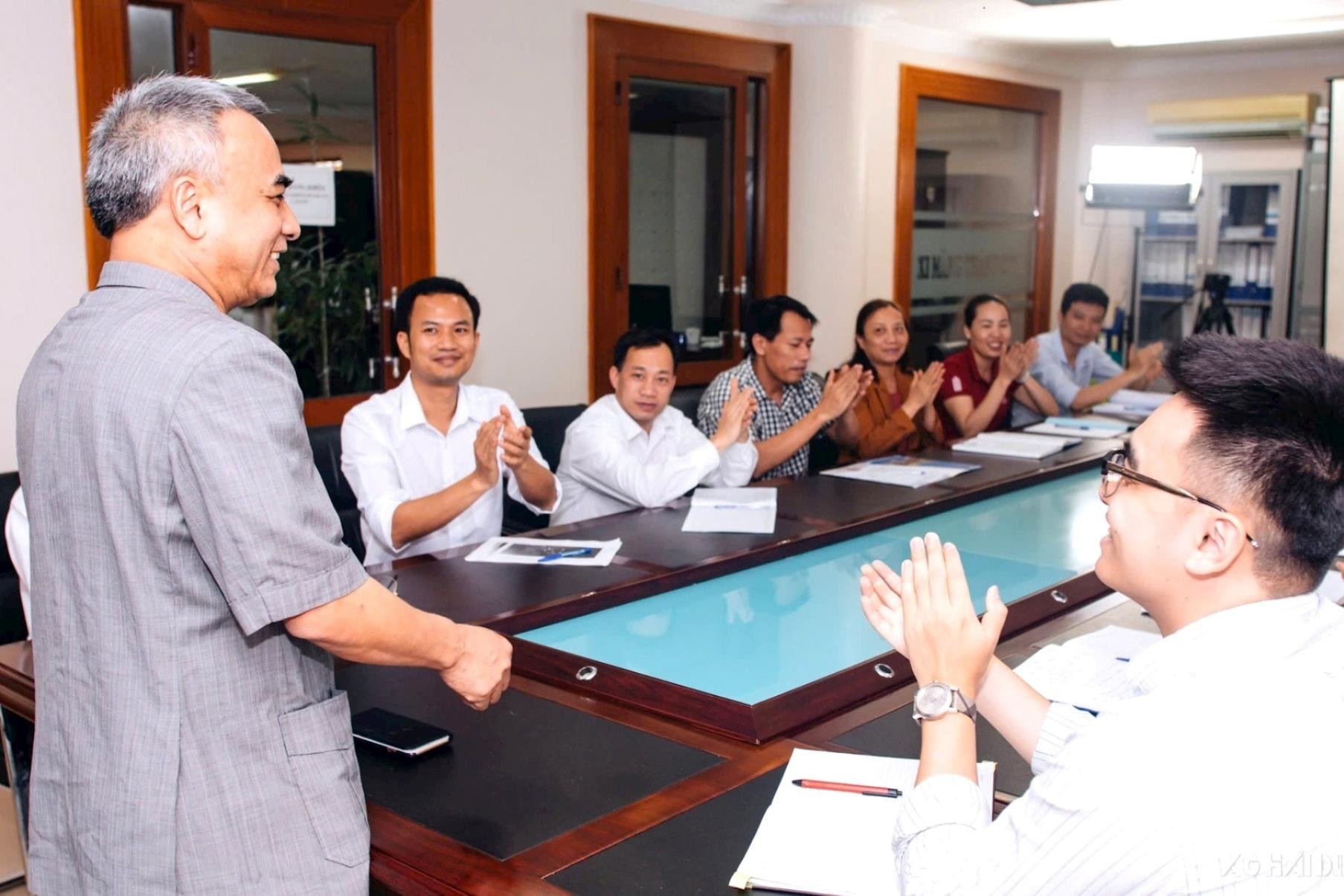




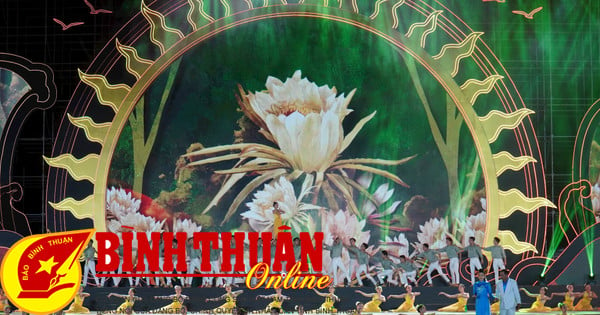
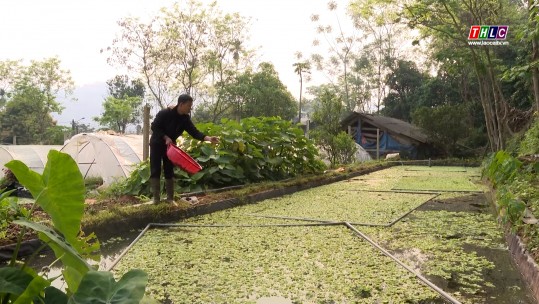

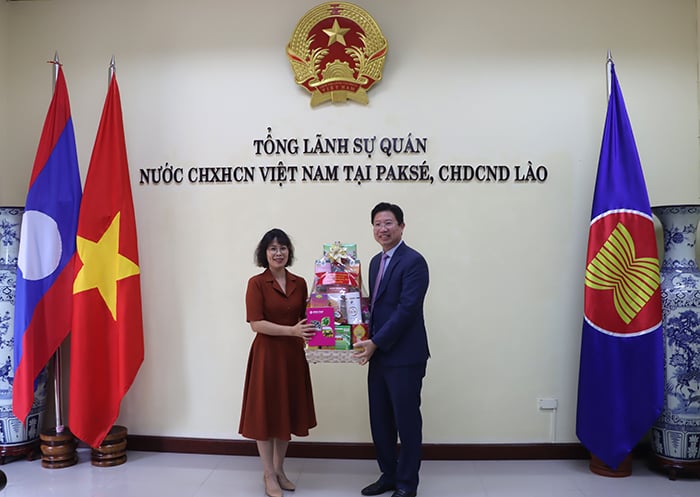
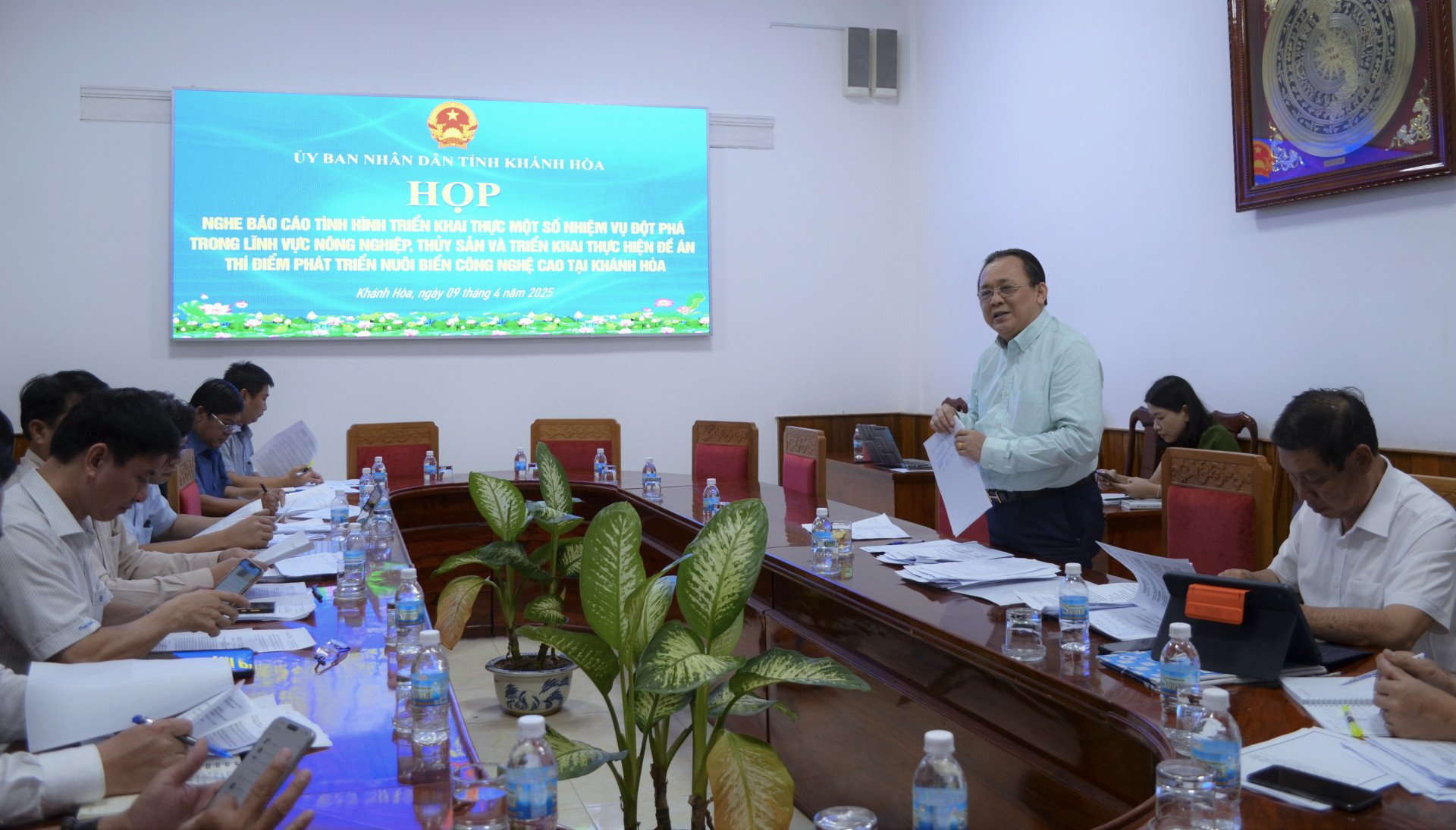
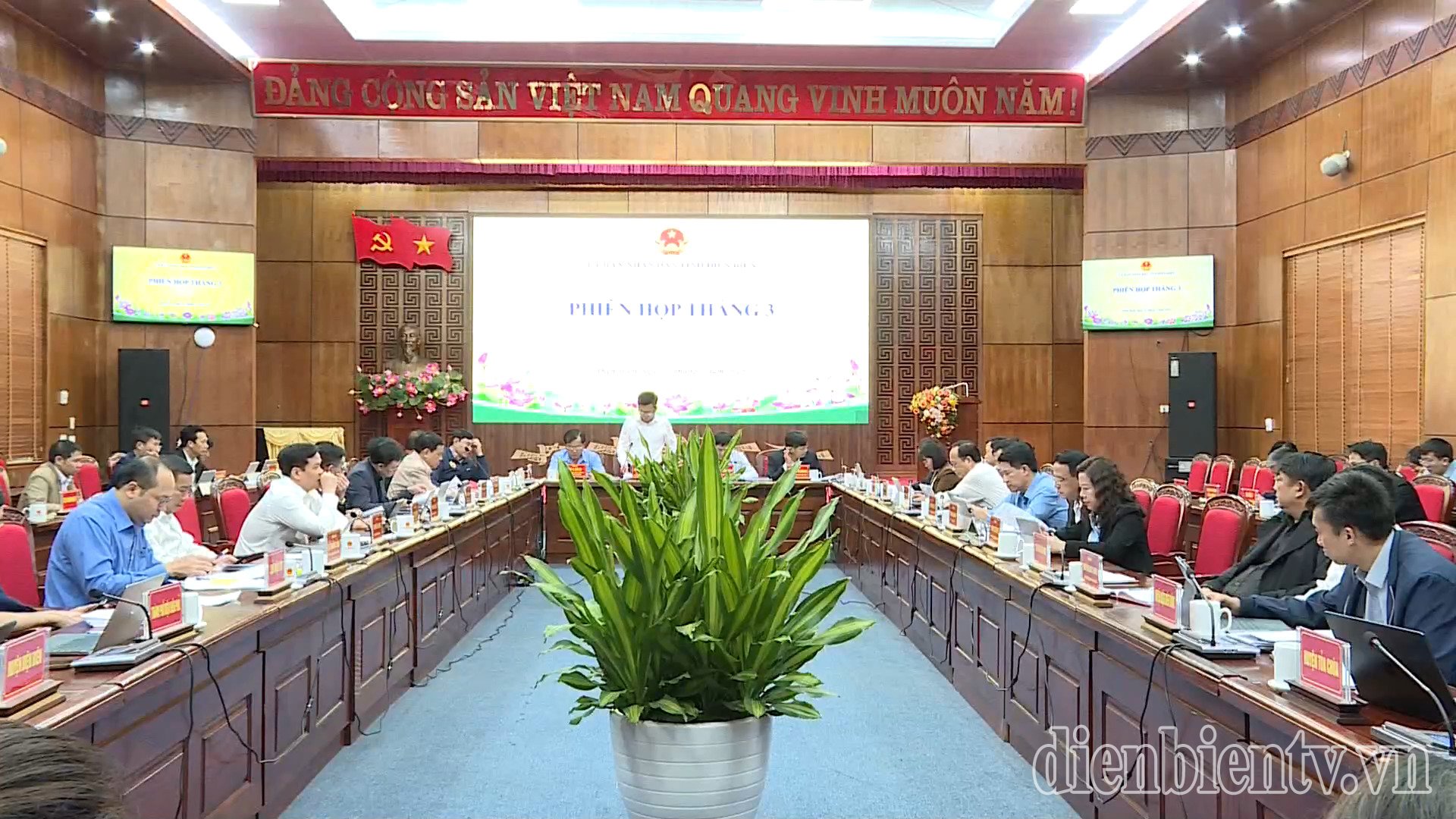
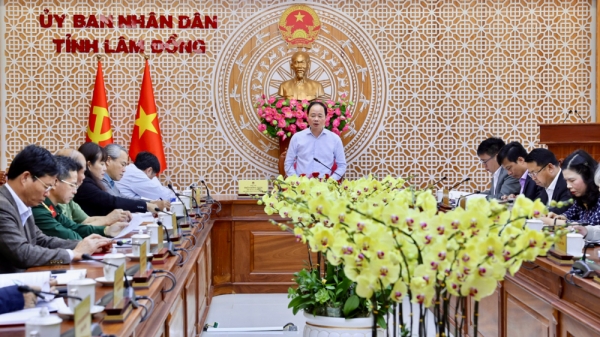



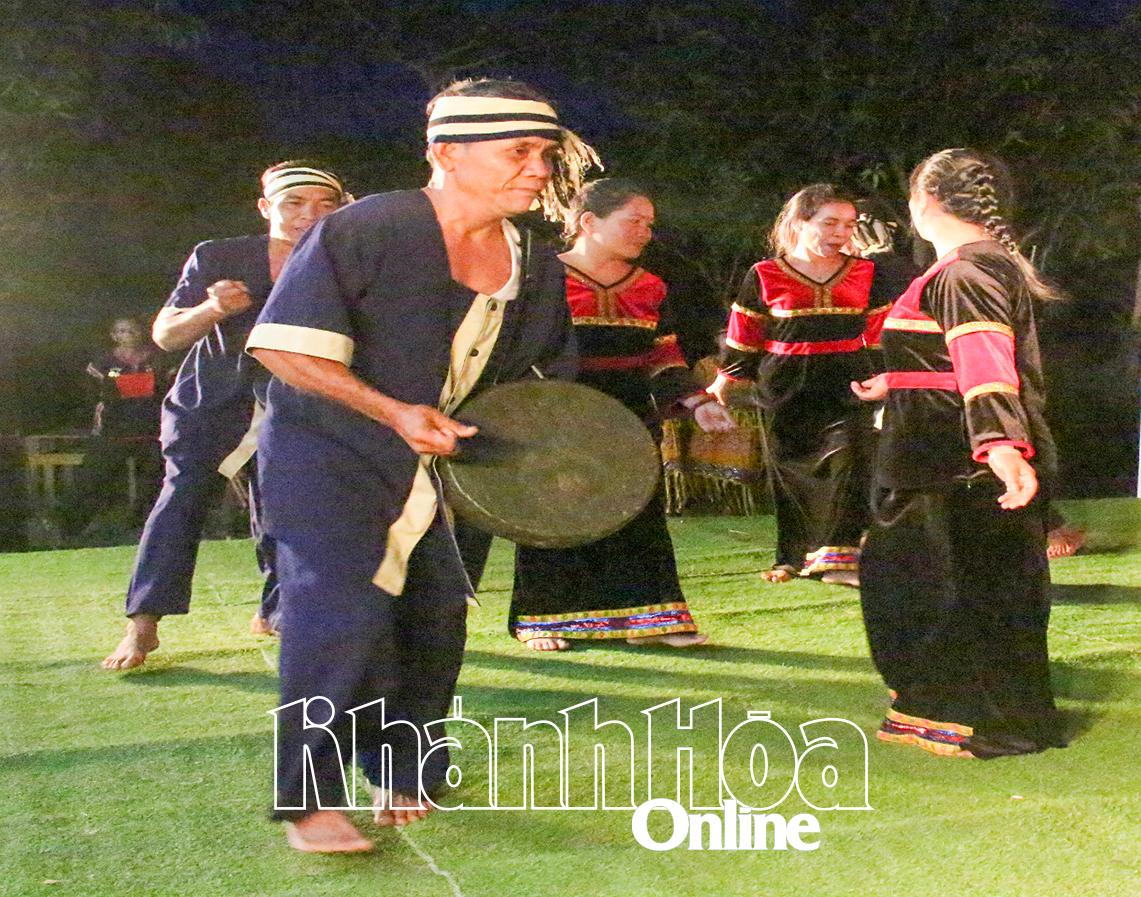
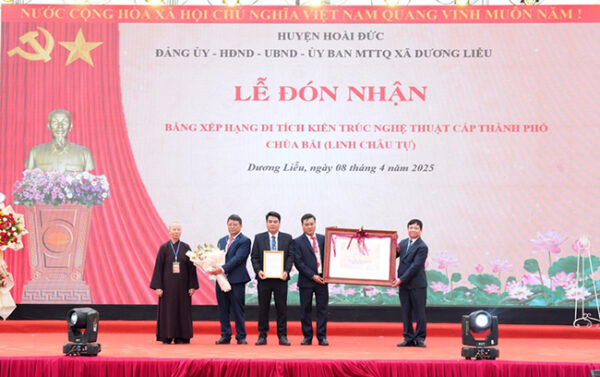
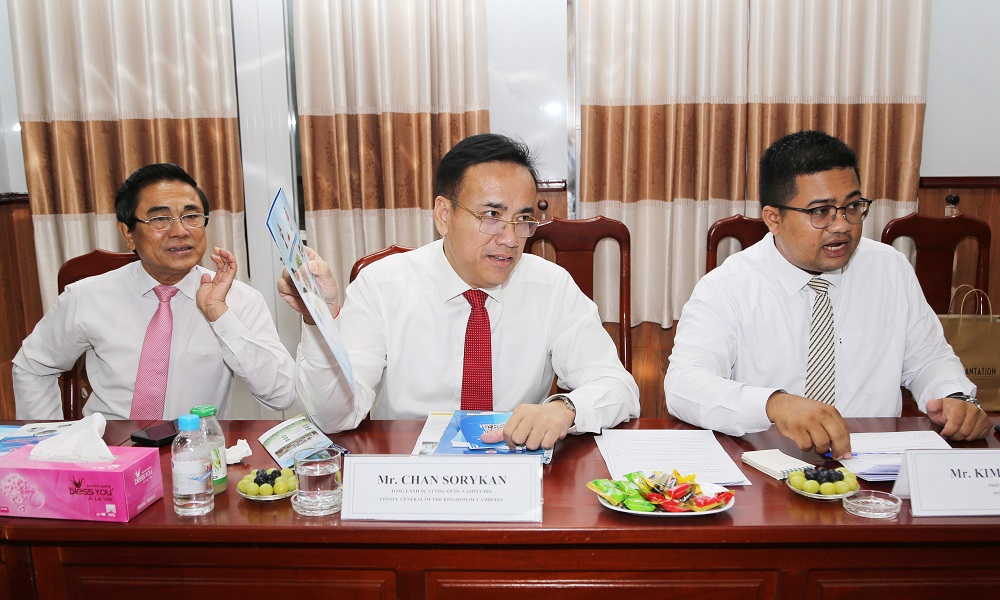
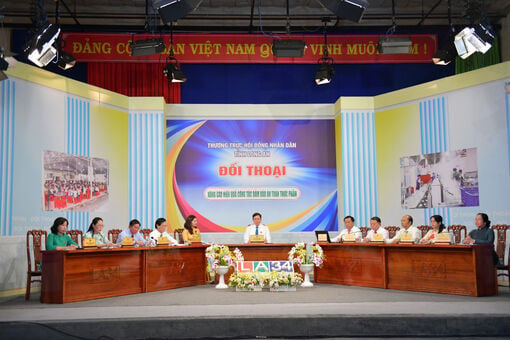
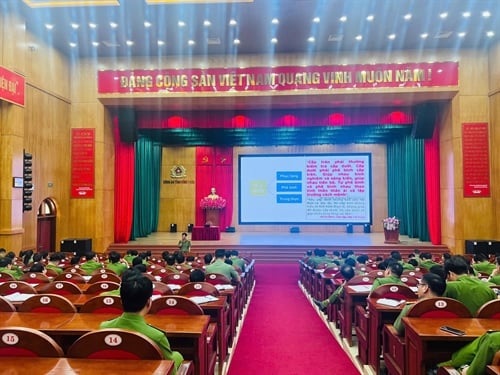
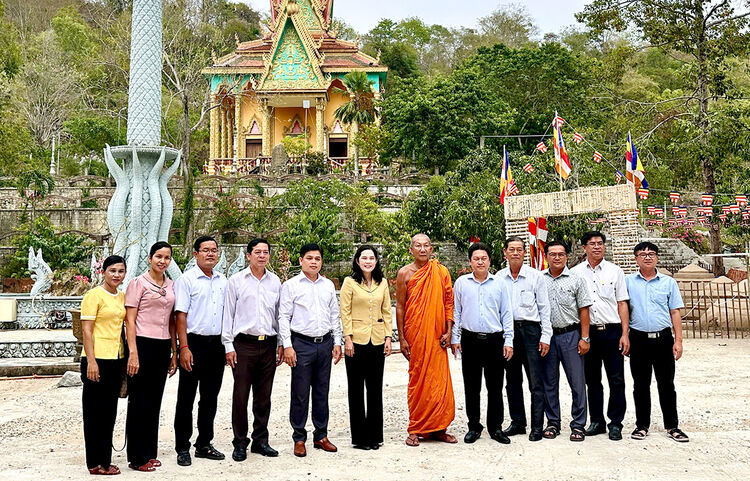










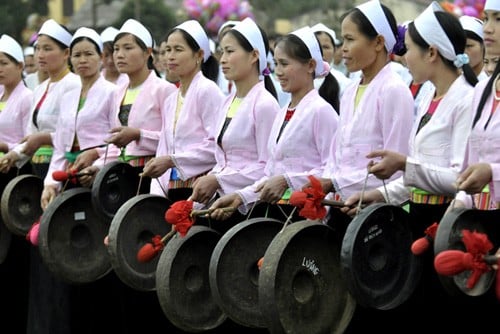






















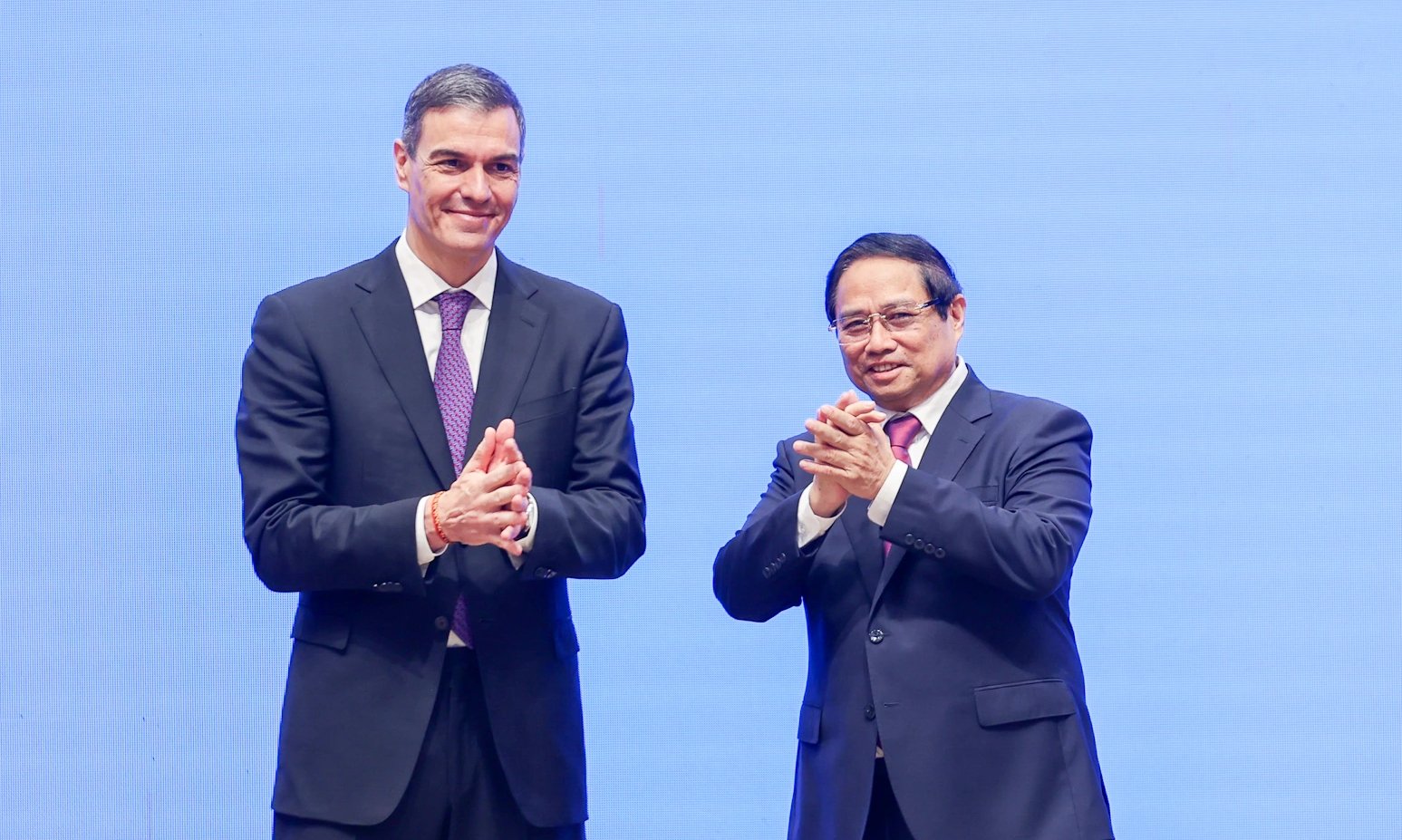



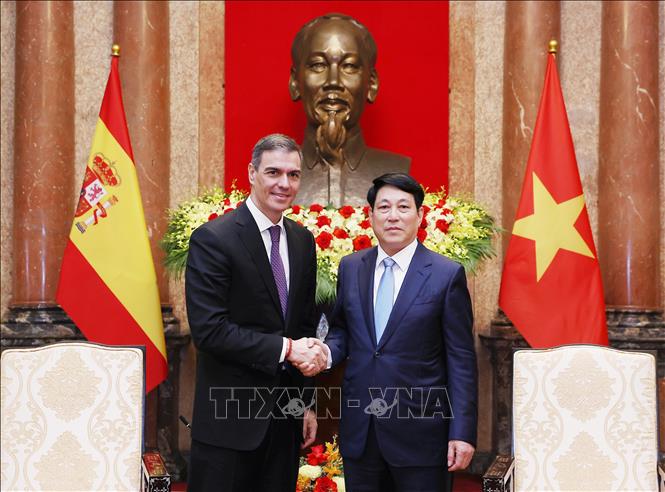


















Comment (0)